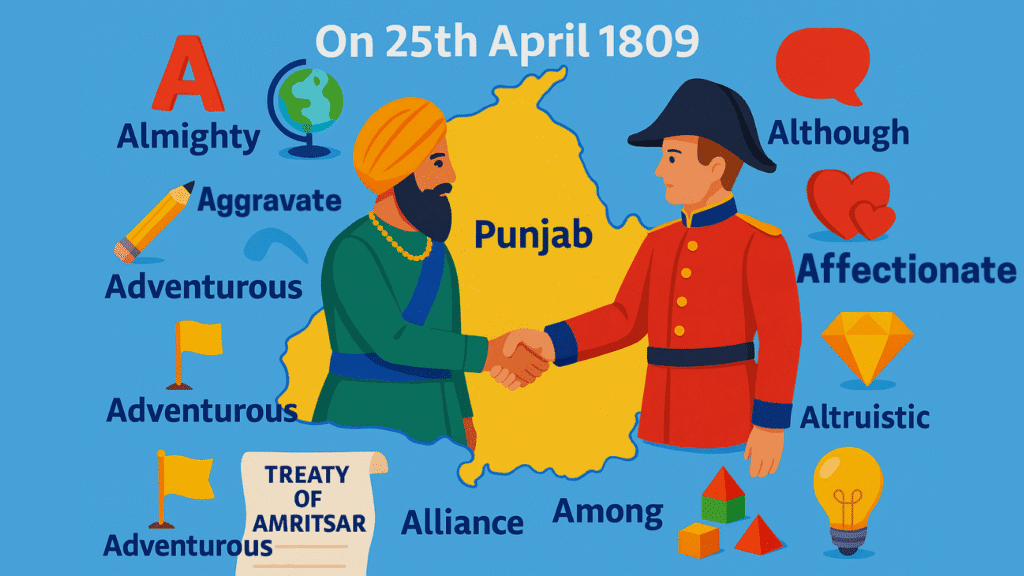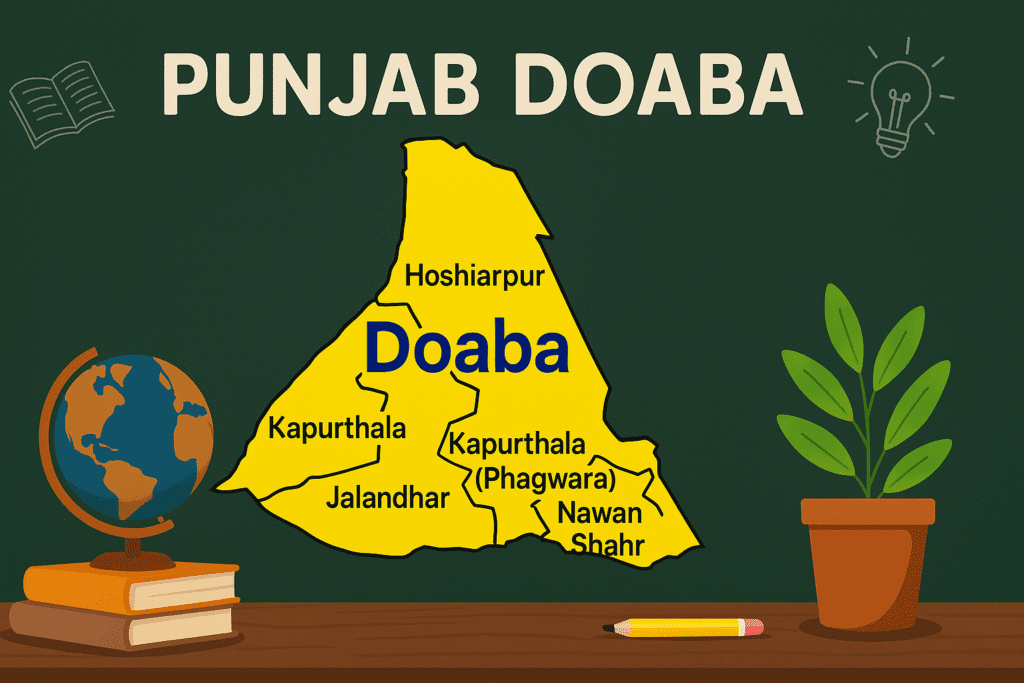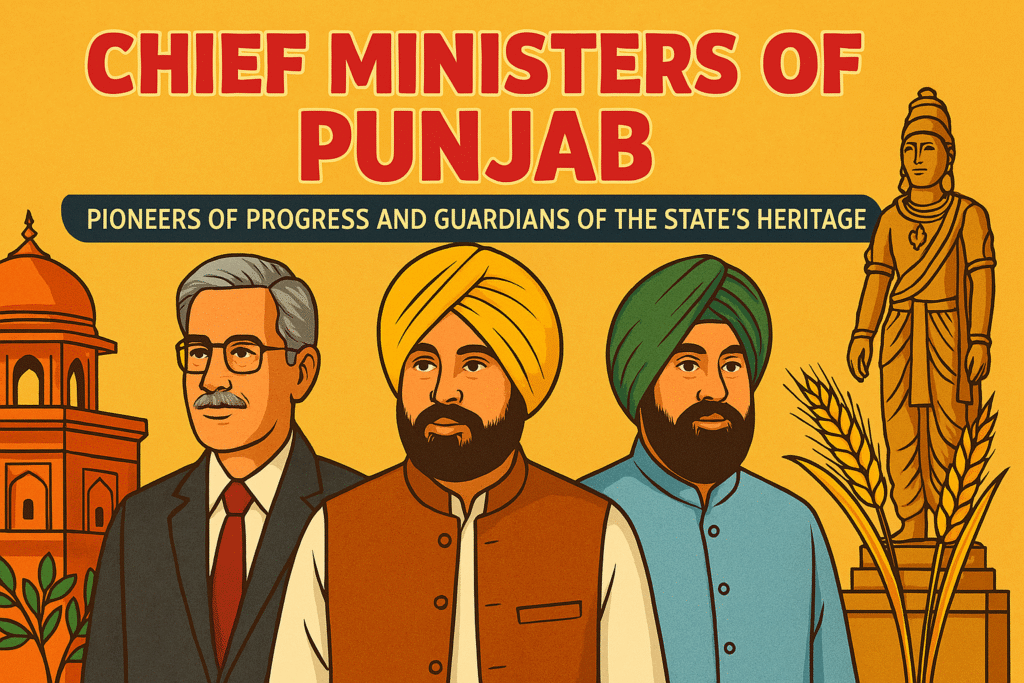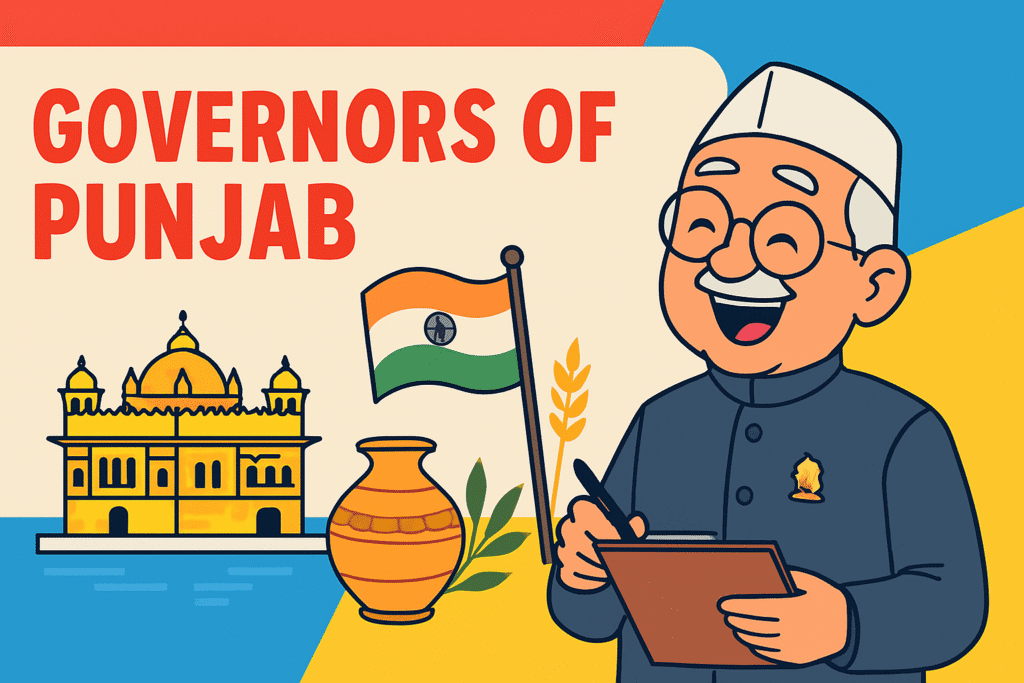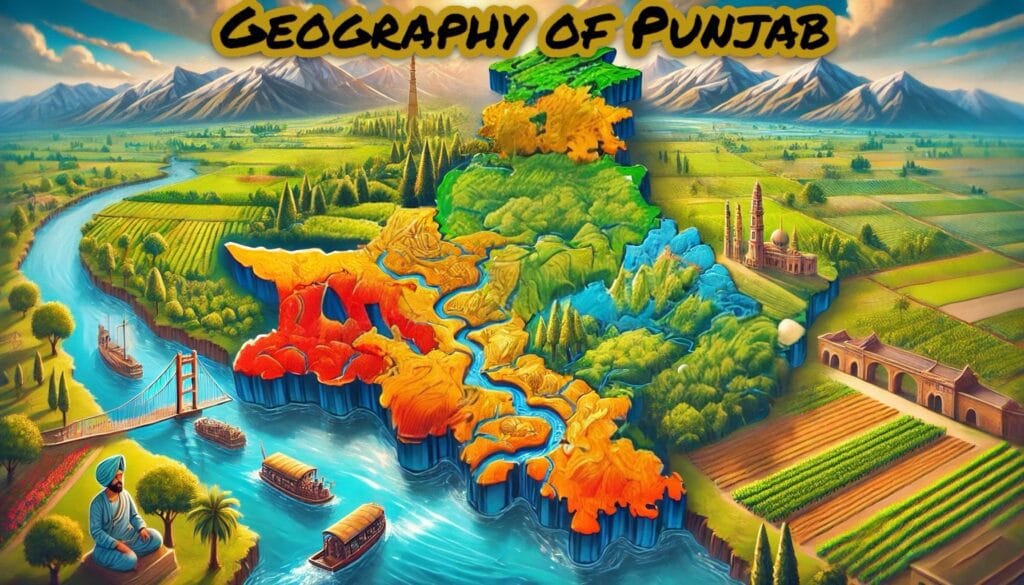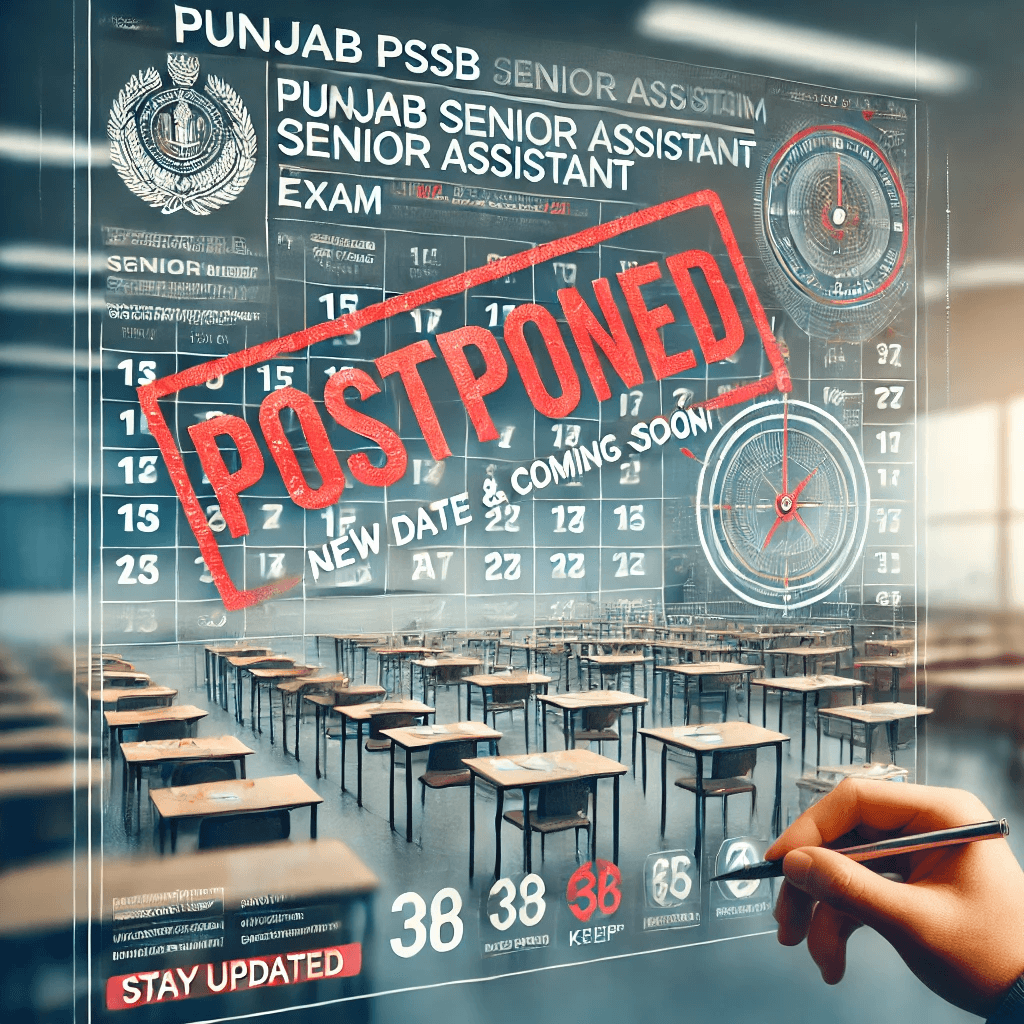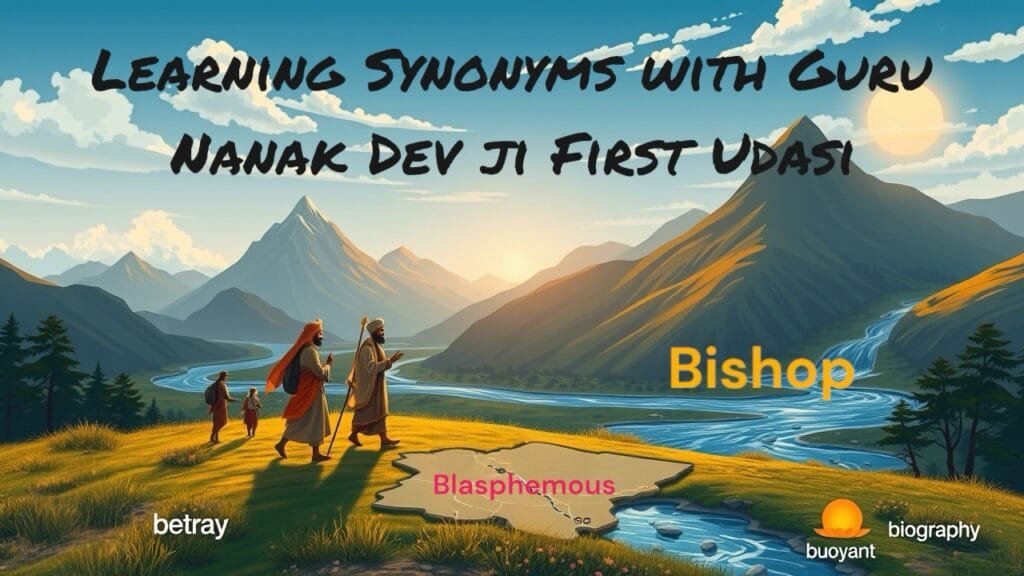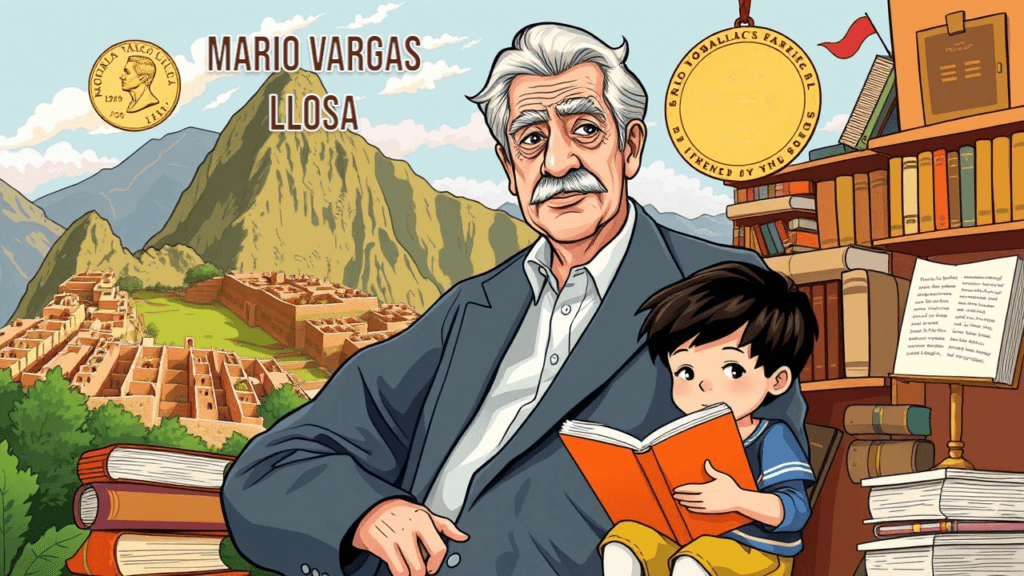
Mario Vargas Llosa, the celebrated Peruvian author and Nobel Prize winner in Literature, has passed away at the age of 89. His death marks the end of an era for Latin American literature, as he was one of its most prominent voices for decades. Known for his powerful storytelling, deep exploration of social issues, and masterful use of language, Vargas Llosa left behind a rich legacy that will continue to inspire generations of readers and writers.
Table of Contents
Mario Vargas Llosa A Literary Giant
Born on March 28, 1936, in Arequipa, Peru, Mario Vargas Llosa grew up in a country filled with political instability and cultural diversity. These elements heavily influenced his writing style and themes. Over the years, he became not just a writer but also a public intellectual who engaged deeply with politics, society, and philosophy. His works often examined power dynamics, corruption, oppression, and human struggles, making them timeless and relevant even today.
Some of Vargas Llosa’s most famous novels include The Time of the Hero (1963), Conversation in the Cathedral (1969), and Feast of the Goat (2000). Each book showcased his ability to blend complex narratives with vivid characters and sharp observations about humanity. His stories were set against diverse backdrops, ranging from military schools in Peru to dictatorships in the Dominican Republic, reflecting his wide-ranging interests and profound understanding of history.
In 2010, after being considered a strong contender for many years, Vargas Llosa finally received the Nobel Prize in Literature. The Swedish Academy praised him for “his cartography of structures of power and his trenchant images of the individual’s resistance, revolt, and defeat.” This recognition cemented his status as one of the greatest literary figures of our time.
🔹 For more insightful articles and updates on current affairs, feel free to explore our website through this link.
Key Works That Defined His Career
One of Vargas Llosa’s earliest successes was The Time of the Hero . Based on his own experiences at a military academy in Lima, this novel exposed the harsh realities faced by young cadets under authoritarian systems. It caused controversy in Peru when it was first published because it criticized the military establishment. Despite—or perhaps because of—its boldness, the book gained international acclaim and established Vargas Llosa as a rising star in the literary world.
Another landmark work is Conversation in the Cathedral , which delves into the decay of Peruvian society during the dictatorship of Manuel Odría. Through intricate storytelling and multiple timelines, the novel explores how corruption seeps into every aspect of life, affecting both individuals and institutions. Its complexity and depth made it a favorite among critics and scholars alike.
Later in his career, Vargas Llosa wrote Feast of the Goat , a gripping account of Rafael Trujillo’s brutal regime in the Dominican Republic. The novel alternates between two perspectives: one following Urania Cabral, a woman returning to her homeland after years of exile, and another chronicling the final days of Trujillo’s rule. By weaving together personal and historical narratives, Vargas Llosa created a haunting portrayal of tyranny and its lasting impact on people’s lives.
🔹 To explore more articles on English Grammar and strengthen your language skills for competitive exams, click here.
Beyond Writing: Politics and Public Life
While Vargas Llosa is best known for his novels, he also played a significant role in politics. In 1990, he ran for president of Peru but lost to Alberto Fujimori. Although his political aspirations did not succeed, they demonstrated his commitment to improving his country through democratic means. Afterward, he continued to speak out on global issues, advocating for freedom, democracy, and human rights.
His involvement in public debates added another dimension to his identity as a writer. Many admired him not only for his creative genius but also for his courage to address controversial topics head-on. Whether discussing Latin America’s turbulent past or commenting on contemporary events, Vargas Llosa remained a voice of reason and insight.
Legacy and Influence
Vargas Llosa’s influence extends far beyond Peru. As part of the “Boom” generation of Latin American authors—which included Gabriel García Márquez, Julio Cortázar, and Carlos Fuentes—he helped bring Spanish-language literature to a global audience. His innovative techniques, such as nonlinear storytelling and blending fact with fiction, inspired countless writers around the world.
Moreover, his dedication to exploring universal themes ensured that his work resonated with readers regardless of their background. From examining the nature of power to portraying ordinary people’s resilience in the face of adversity, Vargas Llosa’s novels touched on aspects of life that everyone could relate to.
Even in 2024, when South Korean author Han Kang won the Nobel Prize in Literature, Vargas Llosa’s contributions were still remembered fondly. The Swedish Academy, based in Stockholm, continues to honor exceptional writers who push boundaries and challenge conventions—a mission that aligns perfectly with Vargas Llosa’s lifelong achievements.
Personal Life and Cultural Impact
Throughout his life, Vargas Llosa maintained strong ties to his homeland while living abroad for extended periods. He spent much of his adult life in Europe, particularly in Spain, where he became a naturalized citizen in 1993. However, he never forgot his roots, often incorporating Peruvian culture and history into his writing.
Lima, the capital of Peru, holds special significance in his works. Many of his stories unfold in this vibrant city, capturing its energy, contradictions, and complexities. Similarly, the sol, Peru’s currency, occasionally appears in his narratives as a symbol of economic struggles faced by ordinary citizens.
On a personal level, Vargas Llosa’s life was marked by passion and perseverance. He balanced his roles as a husband, father, and grandfather alongside his demanding career. Friends and colleagues describe him as warm, witty, and endlessly curious—a man who loved learning and sharing knowledge.
Final Thoughts
Mario Vargas Llosa may no longer be with us, but his words live on. His novels remind us of the power of literature to illuminate truths, spark conversations, and connect people across borders. As we reflect on his remarkable journey, we celebrate not just his talent but also his unwavering belief in the transformative potential of art.
For those unfamiliar with his work, now is the perfect time to discover the magic of Vargas Llosa’s storytelling. Dive into The Time of the Hero to witness his early brilliance, explore Conversation in the Cathedral for a deeper dive into societal critique, or immerse yourself in Feast of the Goat for a thrilling tale of dictatorship and defiance. Whichever book you choose, you’ll find yourself captivated by his vision and moved by his humanity.
Though Peru mourns the loss of one of its brightest sons, the rest of the world shares in celebrating his enduring legacy. Mario Vargas Llosa’s name will forever be etched in the annals of literary history, reminding future generations of what it means to write with purpose, passion, and integrity. Rest in peace, maestro—you will be deeply missed.

